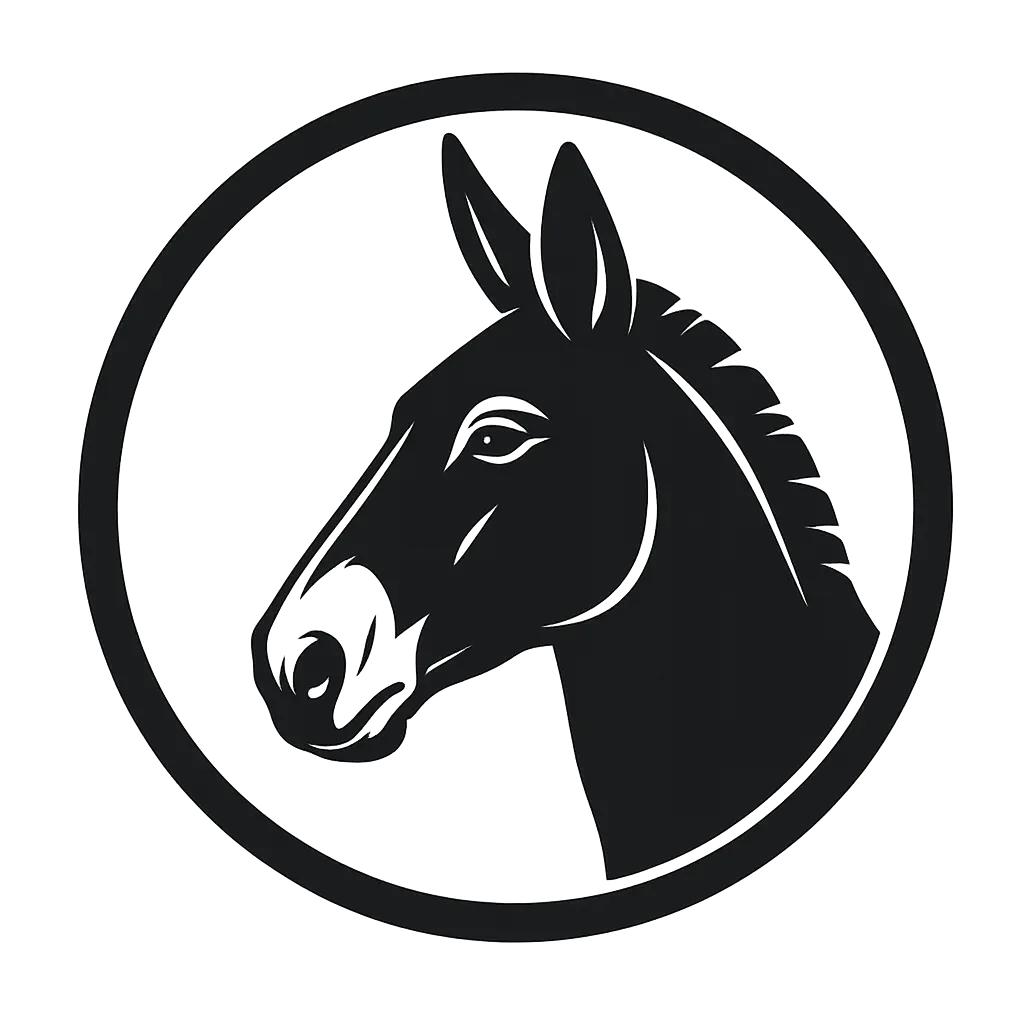Digest for November 7, 2025
“Science is more than a body of knowledge; it’s a way of thinking, a way of skeptically interrogating the universe with a fine understanding of human fallibility.”

🪞 A Reflection
“Science is more than a body of knowledge; it’s a way of thinking, a way of skeptically interrogating the universe with a fine understanding of human fallibility.”
— Carl Sagan, The Demon-Haunted World
REFLECTION — THE CANDLE AND THE MIRROR
Carl Sagan never treated science as an escape from the world. He saw it as an act of service — a disciplined way to honor the fragile miracle of being here at all. When he called Earth a pale blue dot, he wasn’t indulging in cosmic poetry; he was issuing a moral reminder. Knowledge carries responsibility. Understanding obliges care.
He spoke of skepticism not as cynicism but as compassion — a defense against our own credulity, and a gesture of respect for truth. His baloney-detection kit wasn’t about winning arguments; it was about preserving the integrity of a species that too easily believes its own stories. For Sagan, clear thinking was an act of love. It kept the light on.
That discipline feels even more urgent now. We live amid algorithms that feed appetite instead of reason, among headlines that reward outrage over accuracy. Wonder alone can’t sustain us; it needs the scaffolding of honesty, clarity, and shared curiosity. Sagan’s candle in the dark still burns, but it’s a flame that demands tending — a daily maintenance of skepticism, civility, and awe.
The real lesson isn’t that we are small. It’s that we are custodians — keepers of a home that can ask questions about itself. The candle and the mirror: one gives light, the other clarity. To keep one alive, we have to keep polishing the other.
📘 Recient Posts
📝 The Responsibility of a Small, Shining World
📝 Small Planet, Big Responsibility
✦ This Week’s Quiz — Candlelight & Common Sense
“It is far better to grasp the Universe as it really is than to persist in delusion, however satisfying and reassuring.” — Carl Sagan
1. Perspective
Sagan called Earth “a mote of dust suspended in a sunbeam.”
→ In your own life this week, where did perspective change your reaction to something small but irritating?
(One sentence reflection.)
2. The Baloney Detector
Which of the following statements best fits Sagan’s “baloney-detection kit” principle of independent confirmation?
A) Believing an assertion because an expert said it
B) Waiting for multiple lines of evidence before concluding
C) Assuming that many people agreeing makes it true
D) Rejecting everything that isn’t already proven
(Choose one.)
3. Signal vs. Noise
Look back over your media or information diet this week.
→ What was signal—something that sharpened understanding—and what was noise—something that fed emotion but not insight?
(Short response.)
4. Current Affairs
In late 2025, which development most closely embodies Sagan’s call for evidence-based civic decision-making?
A) Expansion of climate-monitoring satellites
B) Viral health misinformation campaigns
C) Political rhetoric about “alternative facts”
D) Growth of astrology apps as “scientific guidance”
5. Integrity Check
Sagan wrote, “Science is a way to keep from fooling ourselves.”
→ Identify one way you kept yourself honest this week—financially, intellectually, or personally.
(Short reflection.)
6. The Candle
List one practice that keeps your curiosity burning even when you’re tired, busy, or discouraged.
(Single sentence.)
7. The Mirror
What truth about yourself has reflection revealed lately that you’re still learning to accept?
(Open response.)
Extra Credit — Wonder Without Illusion
Sagan said: “For small creatures such as we, the vastness is bearable only through love.”
→ Interpret that line in the context of community, science, or faith as you understand it.
✨ Quote of the Week
“The nitrogen in our DNA, the calcium in our teeth, the iron in our blood, the carbon in our apple pies—were made in the interiors of collapsing stars. We are made of star stuff.”
— Carl Sagan, Cosmos (1980)
🔮 Coming Soon
Topic: Power and responsibility. The moral weight of influence — from individuals to institutions.
